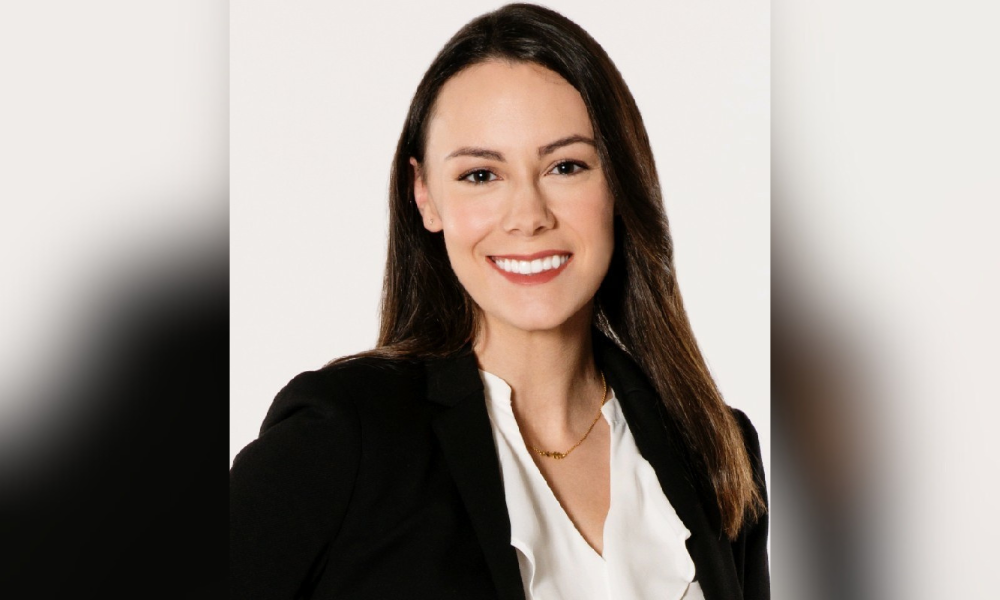It's difficult to imagine they can’t get back into housing market post-separation, says Shea Chorney

When separating spouses who share a matrimonial home are deciding how to divide their assets, a common solution which was once the norm is becoming a “rare exception,” says family lawyer Shea Chorney.
In most cases these days, the most advantageous move for separating spouses who share a home is to sell the house, pay off debt, and split the proceeds. But people tend to want to keep their home post-separation, often to provide continuity for the children. So, it has long been common for one of the former spouses to pay the other their equity in the house as part of the asset division. That spouse walks away, and the other remains living in the family home.
But with the steep rise in housing prices, for many families the buyout option is “just not feasible anymore,” says Chorney who practises at CBM Lawyers in Langley, BC. The party looking to take full ownership of the home often cannot afford to buy the other out and cannot get approved for refinancing on a single income. While the economic untenability is a disappointment to many separating couples, she says 90 percent of judges will find that a sale and clean break is in both of their best interests, and the judge will order that the home be sold by a certain date, even if one side is insisting that they want to keep it in the family, she says.
“The judge is going to say that it's most advantageous to for both parties to sell the home. And judge won't let things just get tied up that way because one party is stamping their foot saying, ‘I want to buy the other out.’”
“That usually helps them understand that sometimes it's just inevitable.”
Parties who cannot afford it but still press for the buy-out option can end up with an extended financial connection. One will move out and rent somewhere else but remain on the title and the mortgage until the mortgage is up for renewal. The other party will refinance the mortgage and pay them out at that time, and the whole process is prescribed in the separation agreement.
“People are getting into situations where they're having this continued financial link in order to keep the home, essentially.”
It is rare, but Chorney has also seen situations where both parties remain on the mortgage to the family home, and one party buys their own separate home, naming their ex-spouse on the mortgage. The separation agreement states that, while their names are on the mortgages, neither will share in the increase in value on the other’s. These situations typically arise with a private lender rather than a bank, she says.
“It can be extremely risky, even if it can be laid out in a separation agreement.”
Whether one ex-spouse is buying the other out or they are selling the house and splitting the equity, parties are finding it increasingly difficult to get back into the housing market on their own once that is finished, says Chorney. Skyrocketing housing prices and rising interest rates mean that many of them cannot qualify for a mortgage on their own income, even with a large downpayment.
“It's really hard for some people to fathom that they can't get back into the housing market after they separated,” she says.










